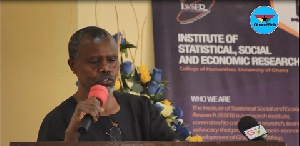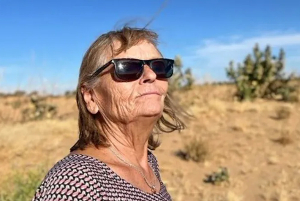An Associate Professor of Sustainable Architecture and Cities at the University of Witwatersrand in South Africa; Daniel Kebera Irurah has urged the government to invest more in renewable resources so as to benefit from them.
According to him, there is the need to make a paradigm shift in ensuring sustainable urban energy because the more we invest in renewable resources; the more we get to value its use and importance which would be of advantage to us.
Prof Daniel Kebera Irurah made these comments during a presentation on the theme “Strategies for Sustainable Energy Transitions in Urban Sub-Saharan Africa” at the Institute of Statistical, Social and Economic Research in Accra on Monday, June 19, 2017.
The conference was aimed at supporting local authorities to build resilient, energy dependent and green cities and municipalities in Sub-Sahara Africa through capacity building and knowledge exchange.
Sub-Saharan African countries have grown 5.3 percent per annum in the past decade, triggering a dramatic increase in energy needs.
It is estimated that by 2040 about 75 percent of the total energy consumption in Sub-Saharan Africa will be in urban areas with its associated implications on sustainable development.
He stated that in order to escape total environmental degradation, ecosystem breakdown and critical climate change extreme events, this estimated energy demand needs to be met by a mix of clean energy sources such as solar, wind and waste-to-energy resources, as well as significant promotion and adoption of energy initiatives at all levels of government.
The conference was part of a project called “Supporting Sub-Saharan African Municipalities with Sustainable Energy Transitions funded by the Department for International Development, the Department for Energy and Climate Change and the Engineering and Physical Science Research Council.
Business News of Monday, 19 June 2017
Source: www.ghanaweb.com
Invest more in renewable resources – Prof Irurah to government
Entertainment












